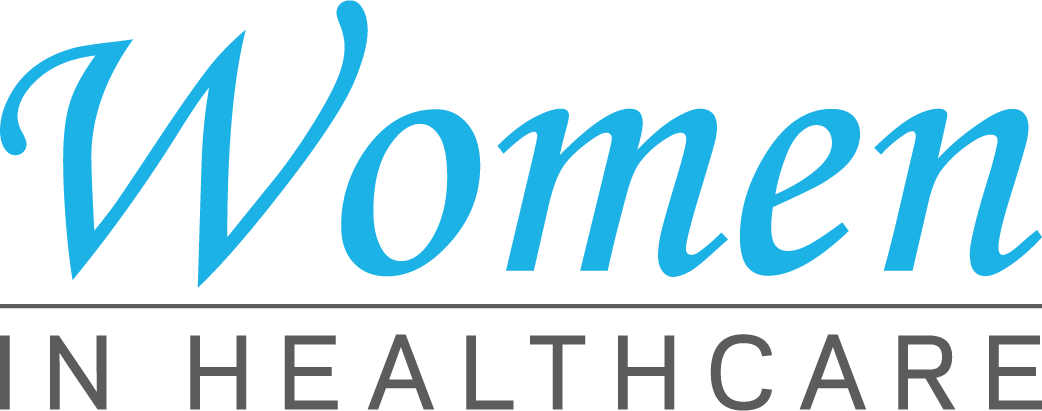Recognizing the Role of Medical Care RCM in Enhancing Financial Performance and Individual Satisfaction
Browsing the ins and outs of Health care Earnings Cycle Administration (RCM) is essential for achieving optimal economic performance while simultaneously raising person complete satisfaction. RCM's capacity to improve invoicing, ensure precise coding, and expedite cases refining stands as a cornerstone of modern-day health care operations. Nevertheless, the nuanced interplay in between these elements warrants a closer evaluation to totally appreciate their influence on both doctor and people. As we explore the transformative potential of RCM, inquiries regarding its calculated implementation and future improvements beckon, promising understandings that can redefine market requirements and patient experiences alike.

Key Elements of RCM
In the facility landscape of health care, Earnings Cycle Monitoring (RCM) is critical in making certain monetary stability and functional effectiveness. Patient registration and qualification verification are fundamental actions, making sure that precise person information is recorded and insurance policy protection is validated before services are rendered.

Fee capture is one more important component, involving the exact recording of services offered to people. It guarantees that all billable services are accounted for, thereby making the most of revenue capacity. Concurrently, medical coding translates patient experiences right into standard codes, which are essential for billing and regulatory compliance.
Claims submission and administration adhere to, including the preparation and submission of cases to payers. This process requires thorough focus to information to minimize mistakes and protect against delays. Rejection administration is a positive method to attend to and fix refuted cases, securing earnings streams.
Lastly, settlement publishing and person collections complete the cycle, guaranteeing settlements are accurately videotaped and outstanding balances are sought. Together, these components form a robust framework that supports the monetary and functional wellness of health care organizations.
Effect on Financial Performance
Effective Profits Cycle Management (RCM) significantly influences a medical care organization's economic performance by optimizing capital and reducing earnings leakage. RCM incorporates the extensive payment and collection processes that ensure doctor effectively handle their monetary purchases from person enrollment to final payment. By enhancing these processes, organizations can decrease denied claims, speed up repayment cycles, and improve overall economic wellness.
Economic efficiency is improved with precise monitoring of billing treatments, which entails precise coding and timely submission of insurance claims. This lowers the possibility of claim denials and rejections, which can substantially hinder revenue circulation otherwise resolved immediately. Furthermore, integrating advanced modern technology remedies promotes real-time monitoring of claims and financial metrics, giving medical care administrators with the devices essential to make informed calculated decisions.

Enhancing Client Satisfaction
While maximizing monetary efficiency is a crucial objective of Revenue Cycle Monitoring (RCM), it likewise plays a pivotal duty in improving client satisfaction. By reducing management concerns, RCM permits medical care companies to focus a lot more on patient treatment, which directly enhances individual contentment.

RCM also boosts individual fulfillment with efficient interaction. By helpful hints preserving a comprehensive database of client info, RCM promotes boosted interaction in between individuals and medical care suppliers, ensuring people really feel educated and valued. This openness and accessibility cultivate a favorable patient experience. In general, effective RCM application not only boosts financial outcomes but likewise substantially adds to a patient-centered healthcare atmosphere.
Approaches for Reliable RCM
Attaining effective Earnings Cycle Management (RCM) calls for health care organizations to carry out a collection of calculated methods that make sure financial stability and functional performance. One essential method is the adoption of technology-driven services, such as integrated software program systems that improve payment procedures, minimize mistakes, and boost data precision. These systems allow real-time tracking of economic metrics, enabling timely recognition and rectification of inadequacies.
An additional strategy is the standardization of procedures throughout the revenue cycle. Healthcare RCM. This involves establishing regular plans for individual registration, insurance coverage verification, and declares processing. By guaranteeing that all staff adhere to these criteria, organizations can expedite and minimize discrepancies settlement collections
Team training and development additionally play an essential function in effective RCM. Trained workers can effectively navigate complex invoicing treatments and regulations, improving and reducing rejections capital. Normal updates on plan changes and finest practices aid preserve a well-informed and experienced workforce.
Future Trends in RCM
As healthcare companies enhance their Earnings Cycle Monitoring (RCM) strategies with modern technology and standardized procedures, focus is see this page currently transforming in the direction of the future patterns shaping this crucial area. One substantial published here fad is the combination of expert system (AI) and machine understanding to automate complicated tasks, such as insurance claims refining and predictive analytics. These technologies are anticipated to decrease errors, accelerate deal times, and supply data-driven understandings for far better decision-making.
In addition, the shift in the direction of value-based care remains to affect RCM techniques - Healthcare RCM. Healthcare providers are expected to increasingly focus on person outcomes and fulfillment, necessitating RCM systems that can fit brand-new compensation versions. This change will need even more thorough data collection and evaluation to successfully report and gauge on performance metrics
Interoperability is another arising top priority, as seamless data exchange in between diverse systems becomes vital. Improved interoperability will certainly assist in even more accurate person details sharing, minimizing management concerns and enhancing the person experience.
Conclusion
Medical Care Earnings Cycle Monitoring (RCM) substantially influences both economic efficiency and client contentment by maximizing invoicing processes, making sure precise coding, and making it possible for prompt cases submission. Effective RCM lessens profits leakage and increases cash flow, decreasing claim denials and expediting payments.
Browsing the ins and outs of Medical care Revenue Cycle Management (RCM) is necessary for achieving optimum monetary performance while at the same time boosting person satisfaction. RCM incorporates the thorough billing and collection procedures that ensure healthcare carriers effectively handle their economic purchases from client registration to last settlement. By lowering administrative problems, RCM permits healthcare service providers to concentrate more on client treatment, which straight improves patient satisfaction.
By maintaining a thorough database of person information, RCM promotes enhanced communication in between people and medical care service providers, making sure patients really feel informed and valued.Health Care Revenue Cycle Administration (RCM) considerably affects both financial efficiency and client complete satisfaction by maximizing payment procedures, ensuring accurate coding, and enabling timely cases submission.